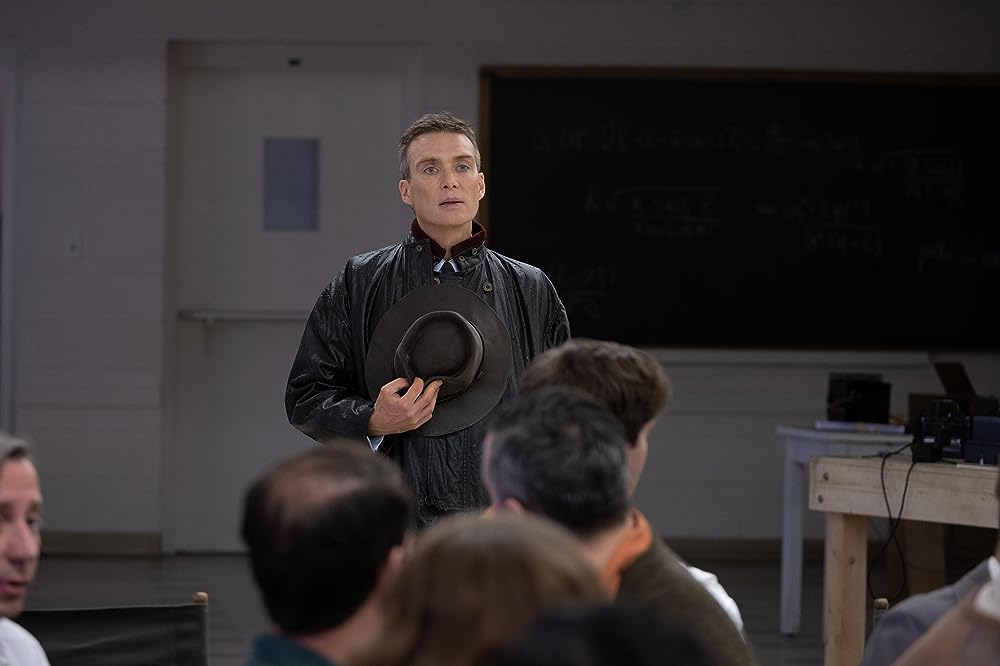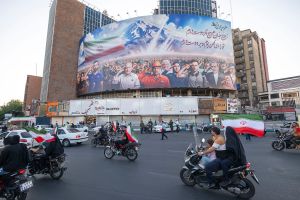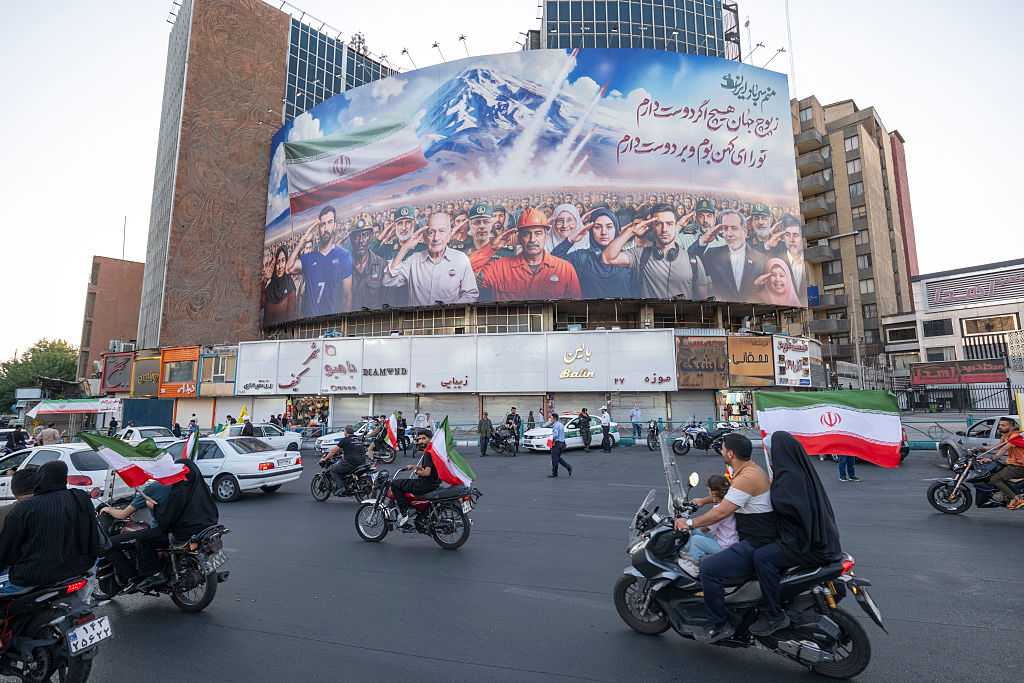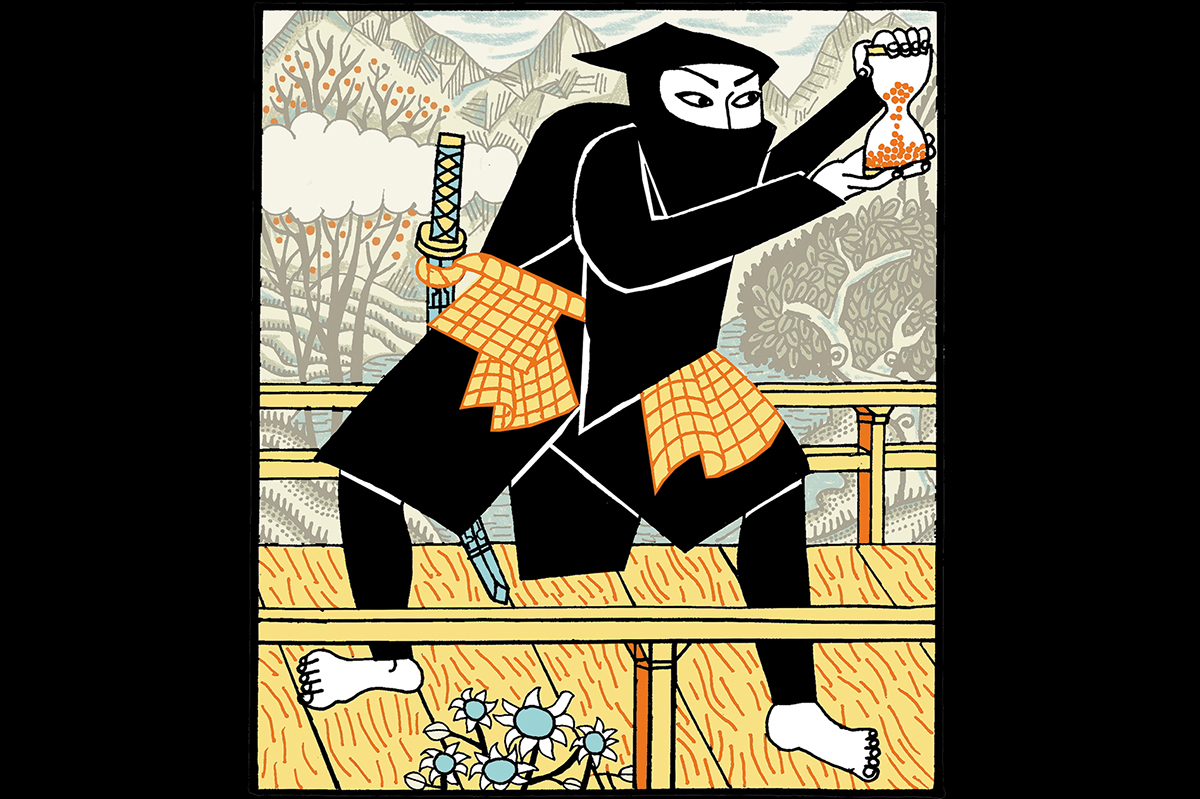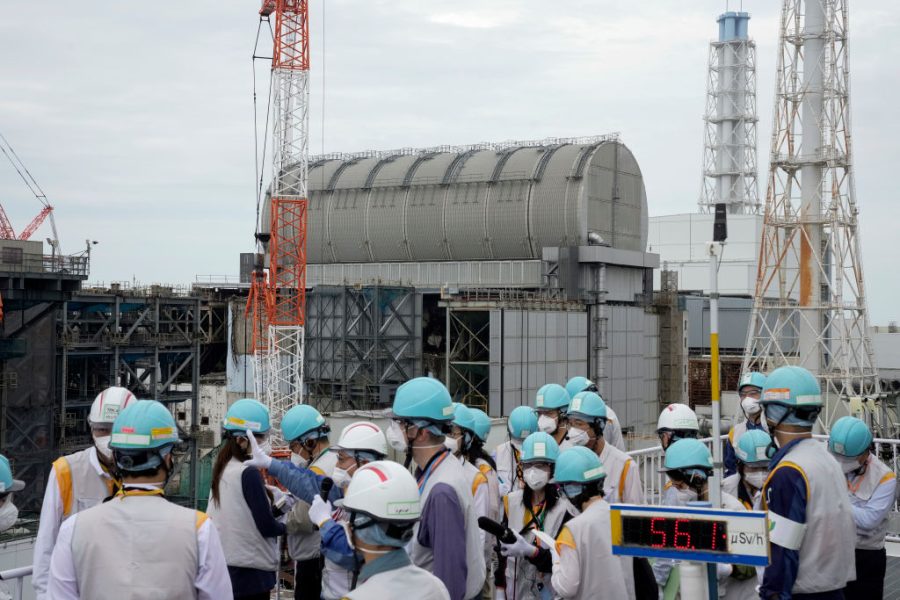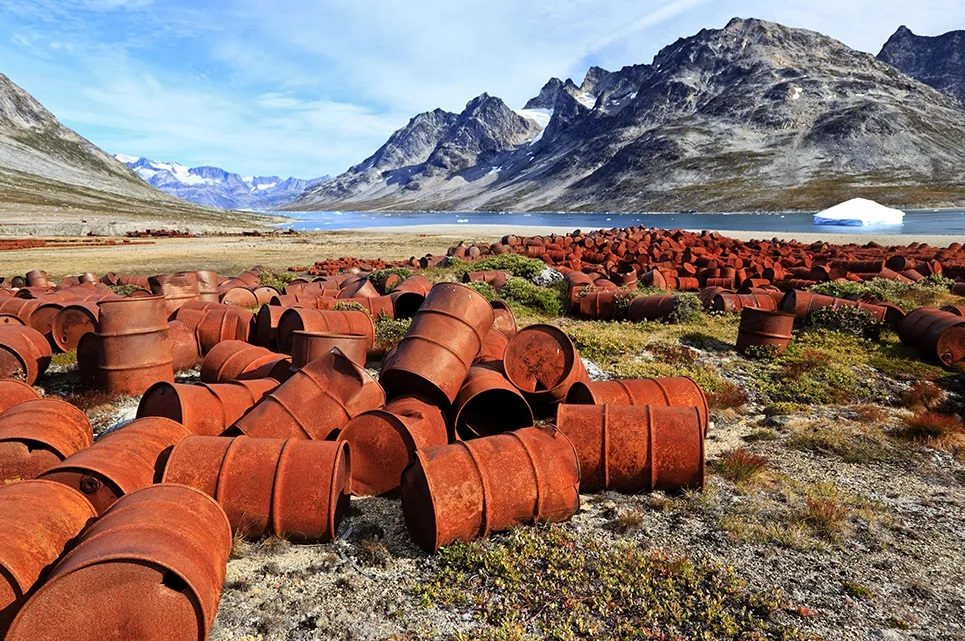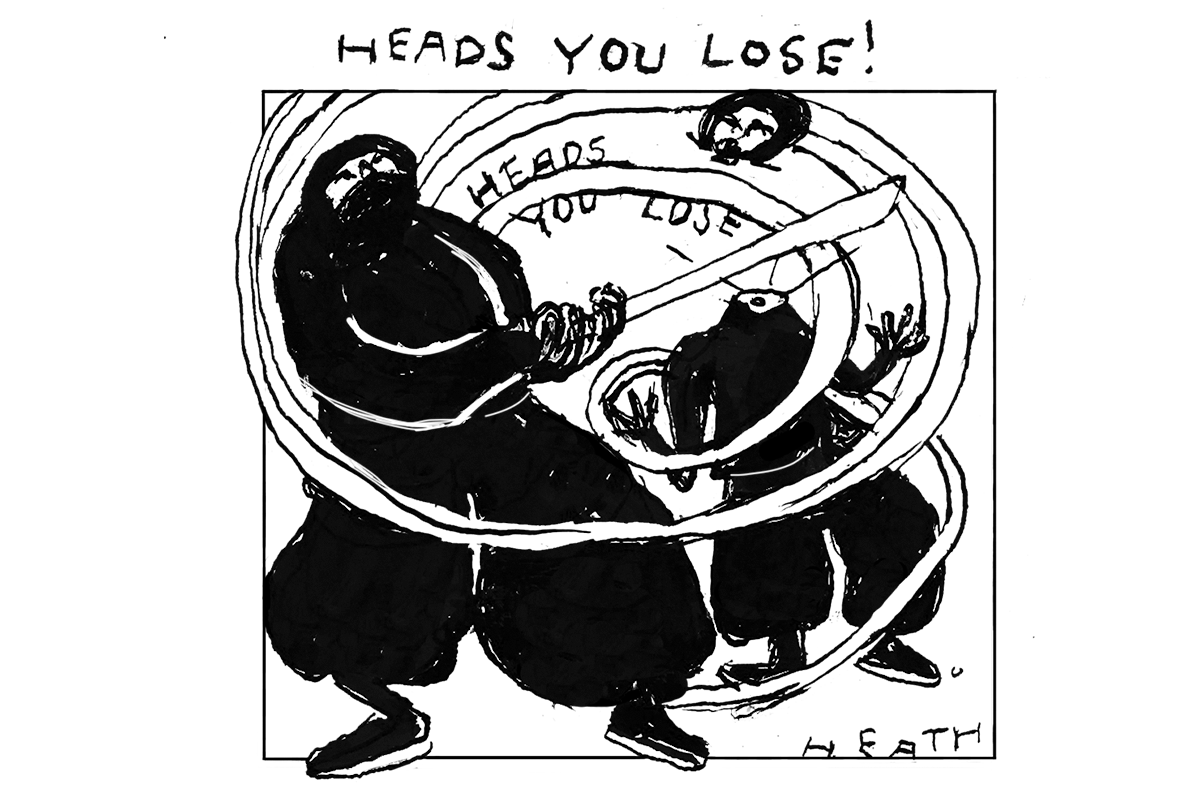As millions of people across the world rush into cinemas this week to see Christopher Nolan’s latest epic thriller Oppenheimer, one notable country will not be part of the film’s initial release window despite the relevant subject matter — Japan.
For reasons that are still unclear, Universal Pictures has not announced a Japanese release date. Yet if any place deserves to see a film based on the life of the theoretical physicist who played an essential role in developing the atomic bombs which ended World War Two, it should be the country that was most affected by them.
Hollywood films being delayed for release in Japan is a very common occurrence, and it rarely ever has anything to do with politics. For example, John Wick: Chapter 4 was released in most territories in March of this year, but Japan has to wait until September.
Domestic studios are wary of popular foreign films taking away box office revenue from local movies, which speaks more to the long declining quality of the Japanese film industry than anything else. This month saw the release of Mission: Impossible — Dead Reckoning Part One simultaneous with the rest of the world, so a possible justification for Oppenheimer being MIA could be that the latest entry of a foreign action film series starring Tom Cruise extremely popular with Japanese audiences is enough for now.
Another hypothesis is that Oppenheimer’s subject matter could be considered insensitively timed with the actual dates of the atomic bombs being so close, and thus Universal is wary of offending Japanese audiences. But remember that The Wolverine prominently featured the bombing of Nagasaki, and that film came out in Japan only two months after the US in September 2013. A more recent example can be seen in 2021’s Eternals, which depicted the bombing of Hiroshima as a major plot point and had a simultaneous release in Japan.
Given the long history of domestic cinema which touches upon both Japan’s defeat in Word War Two and nukes, concerns over Oppenheimer’s content are unwarranted. The original 1954 Godzilla was a famous allegory for the effects of nuclear testing and society, with the eponymous kaiju being awakened by radiation. Akira Kurosawa’s I Live in Fear, released the following year, revolved around the protagonist’s paranoid fears toward nuclear war, and the acclaimed Japanese director would also reflect upon the subject directly decades later with Rhapsody in August in 1991. Other films such as 1976’s Barefoot Gen and 1989’s Black Rain (the one directed by Shohei Imamura, not Ridley Scott) also depict the bombings and their aftermath in great detail.
Beyond the atomic bombs themselves, Japan has explored its role in World War Two for decades from a variety of perspectives. Masaki Kobayashi’s epic trilogy The Human Condition sees its protagonist go from being a labor chief in charge of Chinese slave labor in Manchuria to a prisoner of the Soviets in brutal Siberian conditions, with all three films being a strong condemnation of the war. Kon Ichikawa’s Fires on the Plain, also released in 1959 and adapted from Shohei Ooka’s novel of the same name, had no qualms in showing cannibalism among Japanese soldiers.
Japan as a whole is also far less bitter about World War Two than many Americans think it is. Go to Hiroshima and Nagasaki today and you will see very modern cities that moved on from the war decades ago. There are of course museums and memorials in place which chronicle the history of the bombings, but the general mentality is a nuanced acknowledgement that nuclear weapons should never be used against civilians again, rather than feelings of bitterness toward the United States.
Many in the West have also forgotten that J. Robert Oppenheimer himself visited Japan in 1960 and was generally well received by the Japanese public despite his role in the development of the atomic bombs. There was little ill will and many of the nation’s scientists even desired to learn more from the man.
There is really no reason why Christopher Nolan’s Oppenheimer shouldn’t be released in Japan. It very likely will be shown eventually, but the reasons for the delay are probably more commercial than political.



